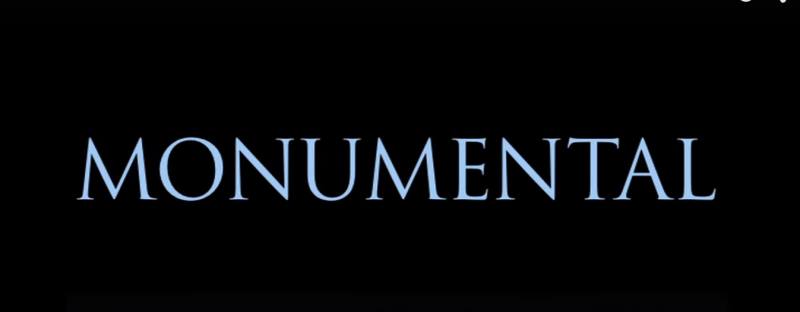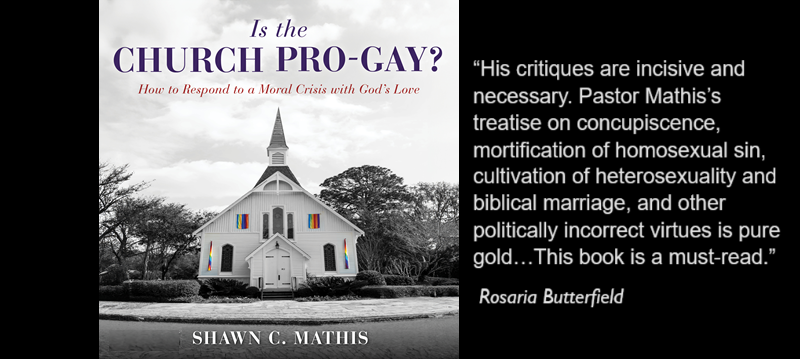
Monumental is a movie based on zeal. A zeal to bring America to her former glory. But it is a zeal not fully in accord with the facts.
Presentation
The movie was professionally done. With plenty of dramatic music, scenes and monologues, the presentation could certainly grab the attention of any interested person.
It began with a (too long) live introduction with the camera man meeting Cameron at his home. He spends some time introducing important people (including Glen Beck) and presenting a theme for the movie. The movie ended in a similar manner with Kirk presenting his vision to motivate Christians by the thousands.
The actual movie itself begins with Cameron’s intense monologue on the continuing socio-political demise of America. He is clearly zealous to stop America’s decline. It dawned upon him that to find a solution to America’s current ills he should return to her more healthy past.
Cameron then takes (too long) a journey from America to England to Holland and back again, following the path of the Puritan Separatists, the Pilgrims. He progressively becomes impressed with the zeal and perseverance of the Pilgrims as they overcome one set-back after another in their collective existence. And he highlights the political implications of the Protestant determination to put the Bible into the hands of laymen.
He interviews various self-styled experts and commentators over the course of the movie, bringing the issue closer to the present with more interviews in Texas and New England while explaining (vaguely) the Christian roots of America. His final conclusion is to reject top-down reform and embrace a bottom-up, family-oriented transformation. And then he offered books, devotionals and a curriculum based on the movie.
Evaluation
Kirk Cameron’s movie derives its title from a monument in Massachusetts. The center of the monument is a lady standing with her hand pointing to the heavens. Faith is her name. Surrounding her are four figures seated in authority: Freedom, Morality, Law and Education. This is the golden “recipe” that will return America to her former glory.
This being the apex of the movie both visually and thematically, it is quite shocking that the movie starts out with a conversation with a nationally-known Mormon, Glen Beck. Beck agrees with Cameron that there is a serious problem in America. During the interview, Mr. Beck relays his conversation with his Mormon god. This god told him that now was the time to fight this culture war. (Appropriately, Beck made the old “if I were God” comment which made me chortle in the theater–I’m not sure anyone else got the joke.)
If the movie focused on common political and social ills that Mormons and Christians alike can agree upon, it would not have been half as disappointing. But mixing vague religiosity that even Mr. Beck can agree with (he has enthusiastically endorsed the movie) with political, manifest-destiny, conservatism is a deadly combination.
The thrust of the movie is to return to the faith of the 17th century Pilgrims–a faith that ends up being reinterpreted as warmed-over, 21st century Evangelicalism. God and Christianity figure prominently as does moralism and self-effort. Christ, repentance and the Gospel at times are implicit and many times non-existent.
He calls for a socio-political “movement” (his words) but never for a church-based reformation. He assumes the churches of America just need more motivation, more obedience when in fact they need the Gospel.
Conclusion
Mr. Cameron wants a renewed America shaped in the moral image of early America. That is quite commendable. Yet such a moral image was based upon theological foundations quite contrary to most of today’s churches. So it is my hope that this review would prompt him to read the original documents of these early Christians.
For instance, the pilgrim’s pastor, John Robinson, is a favorite of Cameron’s pastor. And he is mentioned several times in one part of the movie. What is not mentioned is Rev. Robinson’s written defense of the Dutch synod of 1617 that effectively rejected many of today’s version of the Gospel (full text here). Most people will not know this except historians and some pastors (like me) who enjoy studying history.
In fact, as much as Cameron seems to like the Pilgrims, he completely misses the theological connection between the Pilgrim’s zeal and perseverance with their belief in an all-sovereign God who saves depraved souls from their sin-bound wills. Even beyond that is their understanding that nations come and go but the Church will last with Christ forever.
Even so, the movie helpfully illustrates the common Christian culture of early America. It is my hope that it will move many viewers to further investigate America’s Christian history. But I fear Kirk Cameron’s effort at a movement will go the same path as all the other attempts at marshalling the fragmented and weak churches of this nation.





